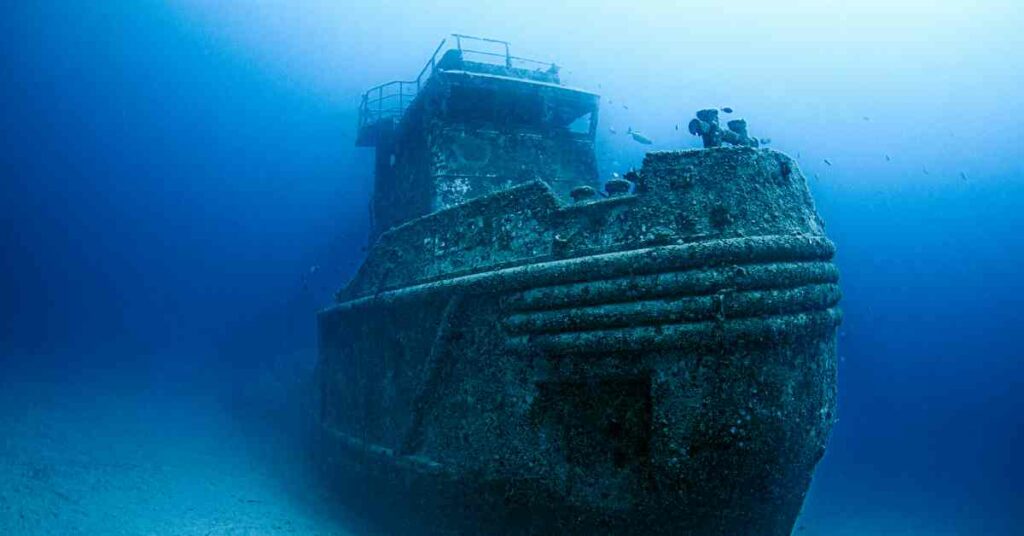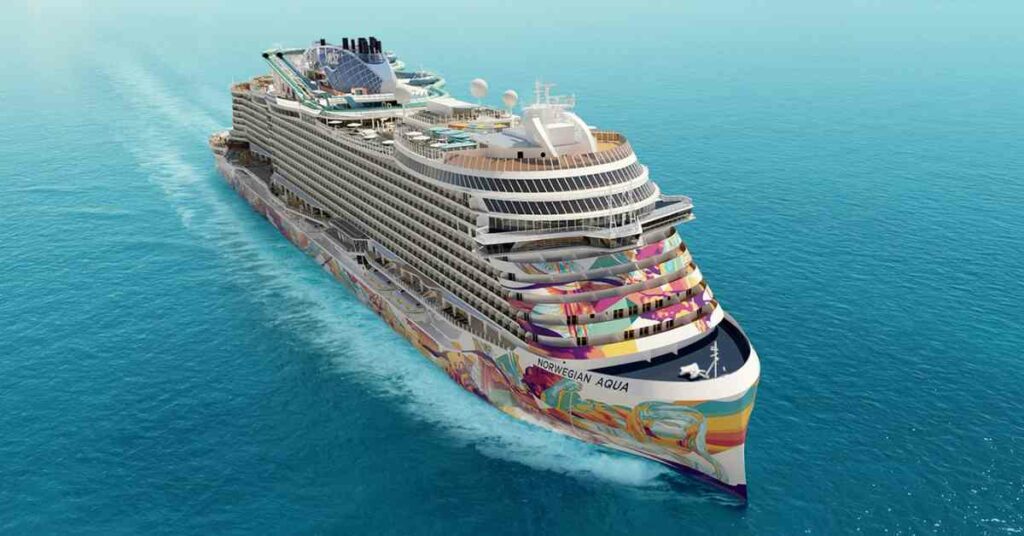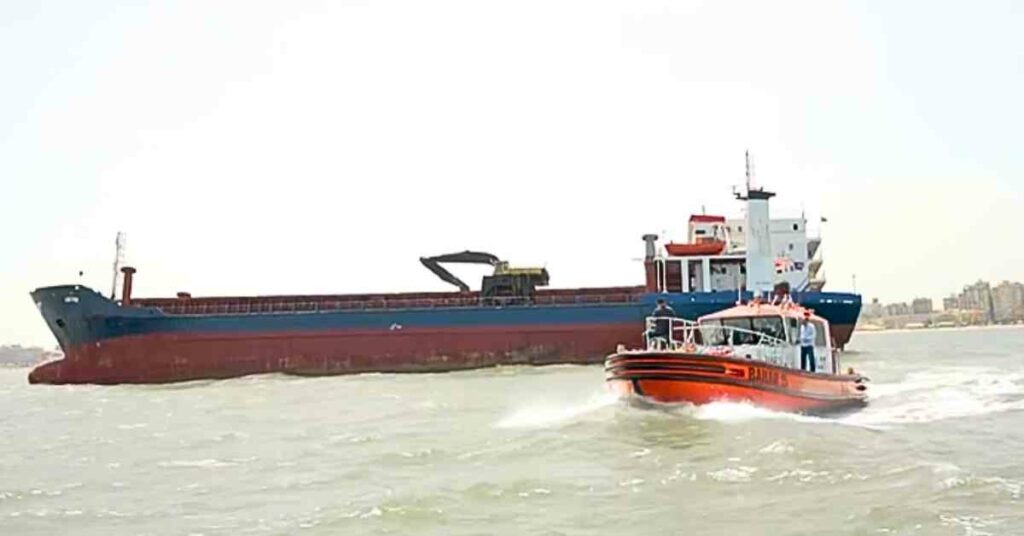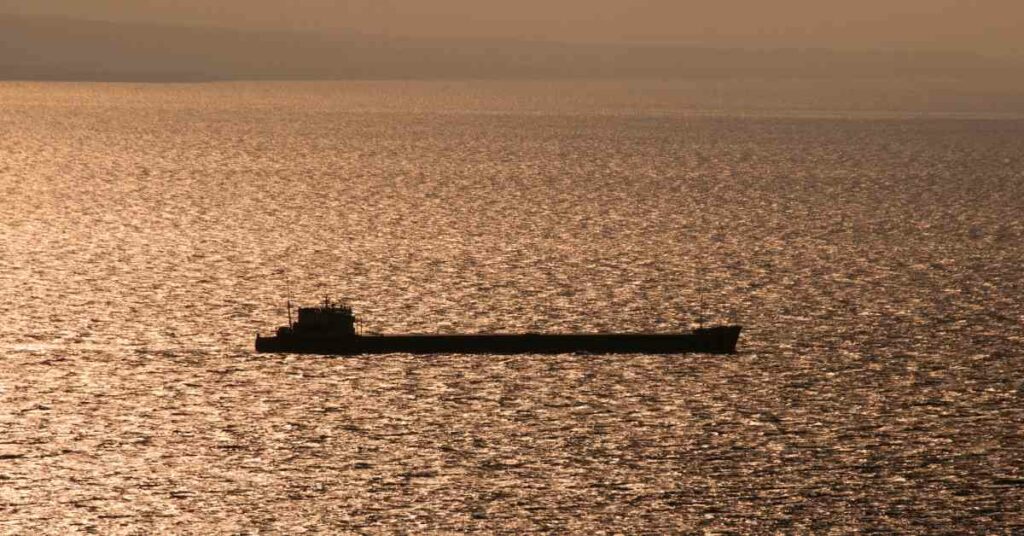6% Of Global Fishing Is Possibly Illegal As Vessels Switch Off Their Tracking Devices
At least 6% of global fishing exercise is reportedly hidden owing to business vessels disabling their tracking tools, an observation used for covering up illegal fishing, based on new research.
Ships deploy computerized identification methods (AIS) and tracking beacons, enabling them to be well-positioned on global delivery maps.
Researchers used an advanced machine studying algorithm for a dataset of fishing vessel exercises that Global Fishing Watch compiled. It included more than 3.7bn AIS messages from the fishing vessels from 2017 to 2019.
They discovered geographical hotspots where ships tend to disable their trackers, with West Africa, the Argentina coast, and the northwest Pacific. The study showed that these locations are where illegal, unreported, and unregulated (IUU) fishing is more likely to occur.
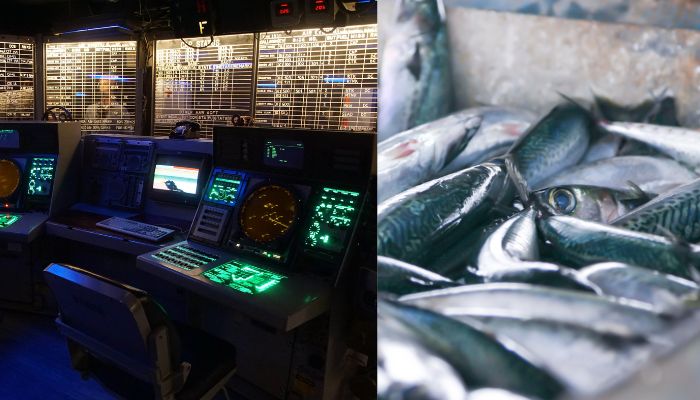
IUU fishing reportedly accounts for about one-fifth of global fisheries’ catches, leading to $23.5bn in economic losses each year. It’s the third-most profitable natural resources crime after mining and timber. It’s also a significant driver behind the destruction of marine ecosystems. Besides, it has long been linked to the violation of human rights.
This is the first instance and activity wherein intentional AIS disabling was quantified and mapped globally, said Heather Welch. She is a spatial ecologist at the University of California. Before such work, they did not have a clear understanding of how massive a problem this is, where it takes place, why, and who does it.
It has been discovered that disabling AIS is a significant risk factor for “two nefarious behaviours: carrying out fishing in unauthorized locations and, of course, unauthorized transshipments.
Transhipment – the process involving the unloading of goods from one vessel to the other – can be very well used for laundering illegally gathered seafood into the supply chain. Besides, this has long been linked to human trafficking and forced labour. Illegal fishing and transhipment come with substantial environmental costs and extensive damage to national revenue and jobs.
Tuna-purse-seine fishing vessels reported the maximum levels of vessel activities obscured by the AIS disabling (about 21%). The report mentioned that this was followed by squid jiggers (about 7%) and drifting long lines and trawlers (about 5%).
China-flagged vessels reportedly have the most disabling events, followed by Taiwan, the US, and Spain. Welch further mentioned that relevant authorities could make use of “real-time information” related to disabling to help patrol at sea or carry out end-to-end inspections of ships at important ports to know the ones that had their AIS switched off in suspicious circumstances.
References: The Guardian, Pehal News
Disclaimer :
The information contained in this website is for general information purposes only. While we endeavour to keep the information up to date and correct, we make no representations or warranties of any kind, express or implied, about the completeness, accuracy, reliability, suitability or availability with respect to the website or the information, products, services, or related graphics contained on the website for any purpose. Any reliance you place on such information is therefore strictly at your own risk.
In no event will we be liable for any loss or damage including without limitation, indirect or consequential loss or damage, or any loss or damage whatsoever arising from loss of data or profits arising out of, or in connection with, the use of this website.
Disclaimer :
The information contained in this website is for general information purposes only. While we endeavour to keep the information up to date and correct, we make no representations or warranties of any kind, express or implied, about the completeness, accuracy, reliability, suitability or availability with respect to the website or the information, products, services, or related graphics contained on the website for any purpose. Any reliance you place on such information is therefore strictly at your own risk.
In no event will we be liable for any loss or damage including without limitation, indirect or consequential loss or damage, or any loss or damage whatsoever arising from loss of data or profits arising out of, or in connection with, the use of this website.
Do you have info to share with us ? Suggest a correction
About Author
Marine Insight News Network is a premier source for up-to-date, comprehensive, and insightful coverage of the maritime industry. Dedicated to offering the latest news, trends, and analyses in shipping, marine technology, regulations, and global maritime affairs, Marine Insight News Network prides itself on delivering accurate, engaging, and relevant information.

About Author
Marine Insight News Network is a premier source for up-to-date, comprehensive, and insightful coverage of the maritime industry. Dedicated to offering the latest news, trends, and analyses in shipping, marine technology, regulations, and global maritime affairs, Marine Insight News Network prides itself on delivering accurate, engaging, and relevant information.
Latest Shipping News Articles You Would Like:
Subscribe To Our Newsletters
By subscribing, you agree to our Privacy Policy and may receive occasional deal communications; you can unsubscribe anytime.




